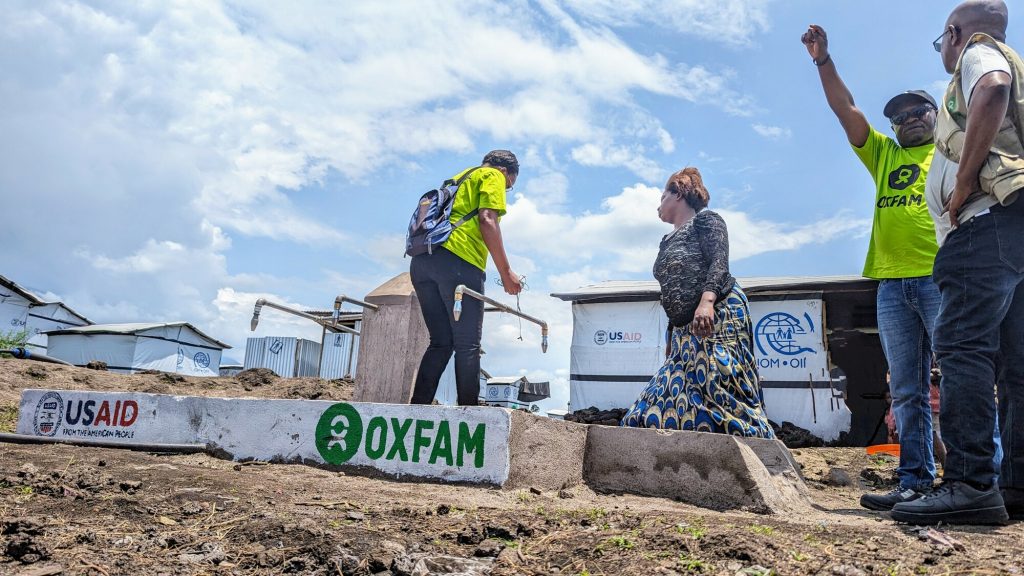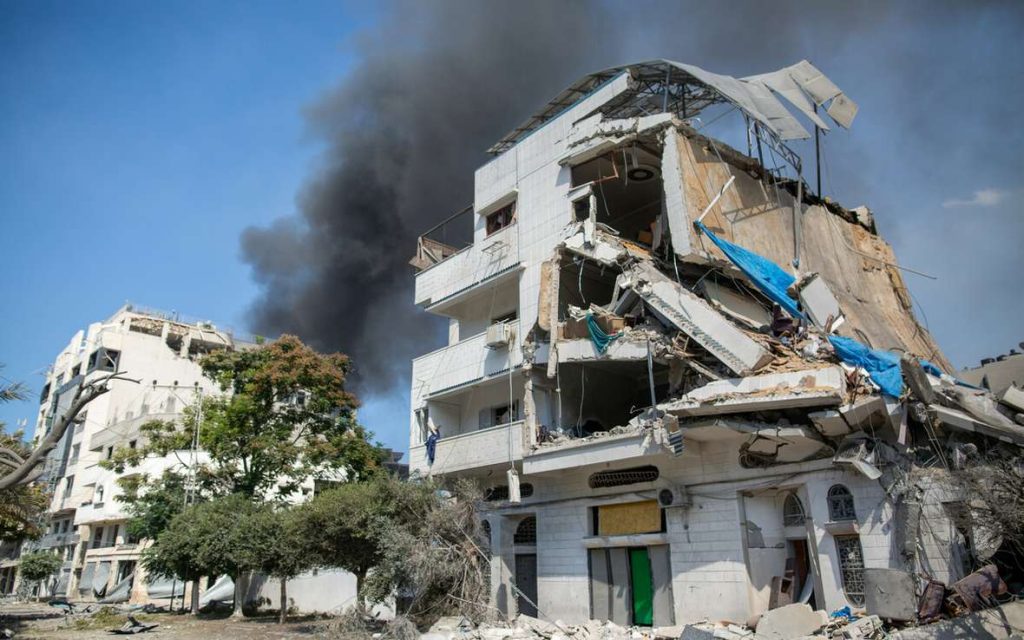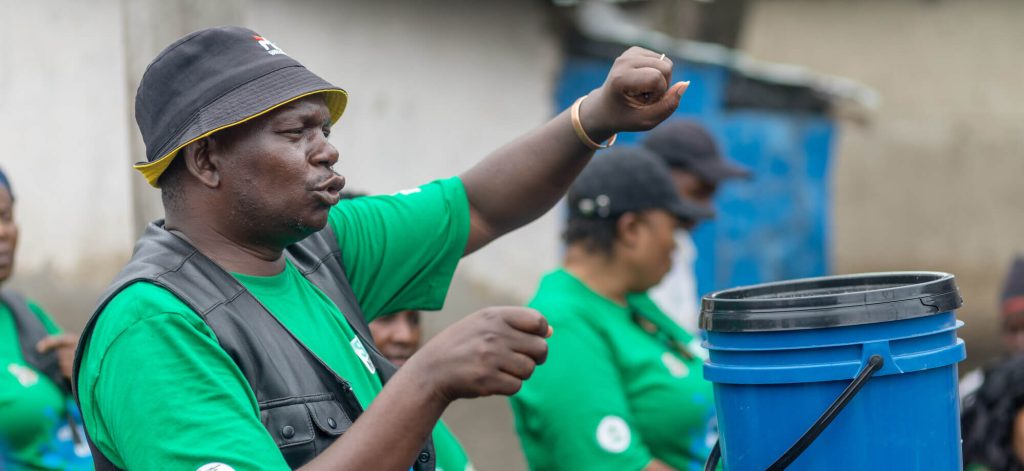G7 2025: A Summit of Missed Opportunities
From June 15-17, leaders from the world’s most powerful economies gathered in Kananaskis, Alberta for the 2025 G7 Summit, a high-level annual meeting where Canada, the United States, the United Kingdom, France, Germany, Italy, Japan, and the European Union come together to coordinate global economic policy, development priorities, and crisis response.
For decades, the G7 has positioned itself as a force for international cooperation, a place where global challenges are met with shared responsibility and collective action. But this year, amid a world reeling from war, inequality, hunger, climate breakdown, and deepening economic divides, the G7 failed to deliver the kind of leadership the moment demands.
A World at a Breaking Point
The 2025 G7 Summit took place against a backdrop of compounding global crises.
In Gaza, millions face starvation and displacement amid relentless violence and aid blockades. In the Horn of Africa and across the Sahel, hunger is worsening due to conflict and climate-induced droughts. Inequality is deepening, with the wealth of billionaires surging while nearly half of humanity struggles to survive. And around the world, feminist movements and rights defenders are being silenced, surveilled, and attacked.
Aid Cuts in the Face of Need
By 2026, G7 countries plan to reduce Official Development Assistance (ODA) by a staggering 28%. These cuts come at a time when global humanitarian needs are at record highs.
This is not just a policy oversight, it is a political choice with deadly consequences. Cutting aid while ramping up military spending sends a clear and dangerous message: that the world’s wealthiest countries are turning their backs on the most vulnerable.

Oxfam is distributing aid and providing access to clean water but more resources are needed to meet demand. Photo: Yves Kalwira/Oxfam
READ: The USAID Collapse: What It Means for Global Humanitarian Aid and How Canada Must Respond
Climate Justice in Name Only
Despite record heatwaves, fires, and floods across G7 countries and the Global South, leaders again failed to make meaningful progress on climate action.
There were no new financial commitments to address climate loss and damage, no clear timelines to phase out fossil fuels, and no plans to cancel illegitimate debts that force poorer countries to choose between climate adaptation and basic survival.
Climate justice requires urgent, systemic transformation but what we got was delay, distraction, and broken promises.
Absent: A Vision for Peace
Nowhere was the G7’s failure more apparent than in its approach to peace and security. In Gaza, more than 50,000 Palestinians have been killed, and humanitarian aid is being blocked at every turn. But instead of meaningful diplomatic pressure or calls for a permanent ceasefire, the G7’s response was muted, biased, and inadequate.
Canada’s Role and Responsibility
As this year’s host, Canada had a chance to show leadership to champion aid, climate action, and peace. While Canada has not announced domestic aid cuts and has maintained ODA levels at around CAD $10.17 billion in 2023–24, silence is not enough. Canada must actively oppose the aid rollback, push for climate justice, and ensure the rights of people, not profits are at the heart of global policymaking.
The World Can’t Wait
The G7 claims to be a champion of democracy, prosperity, and peace but those ideals must be measured in action, not rhetoric. The world is at a tipping point.
The decisions made in Kananaskis this year will echo for generations but they do not need to define the future. There is still time to course correct. To act with courage. To lead with justice.
Oxfam Canada will continue to fight for that future alongside communities, partners, and movements across the globe.
The world can’t afford more missed opportunities.

